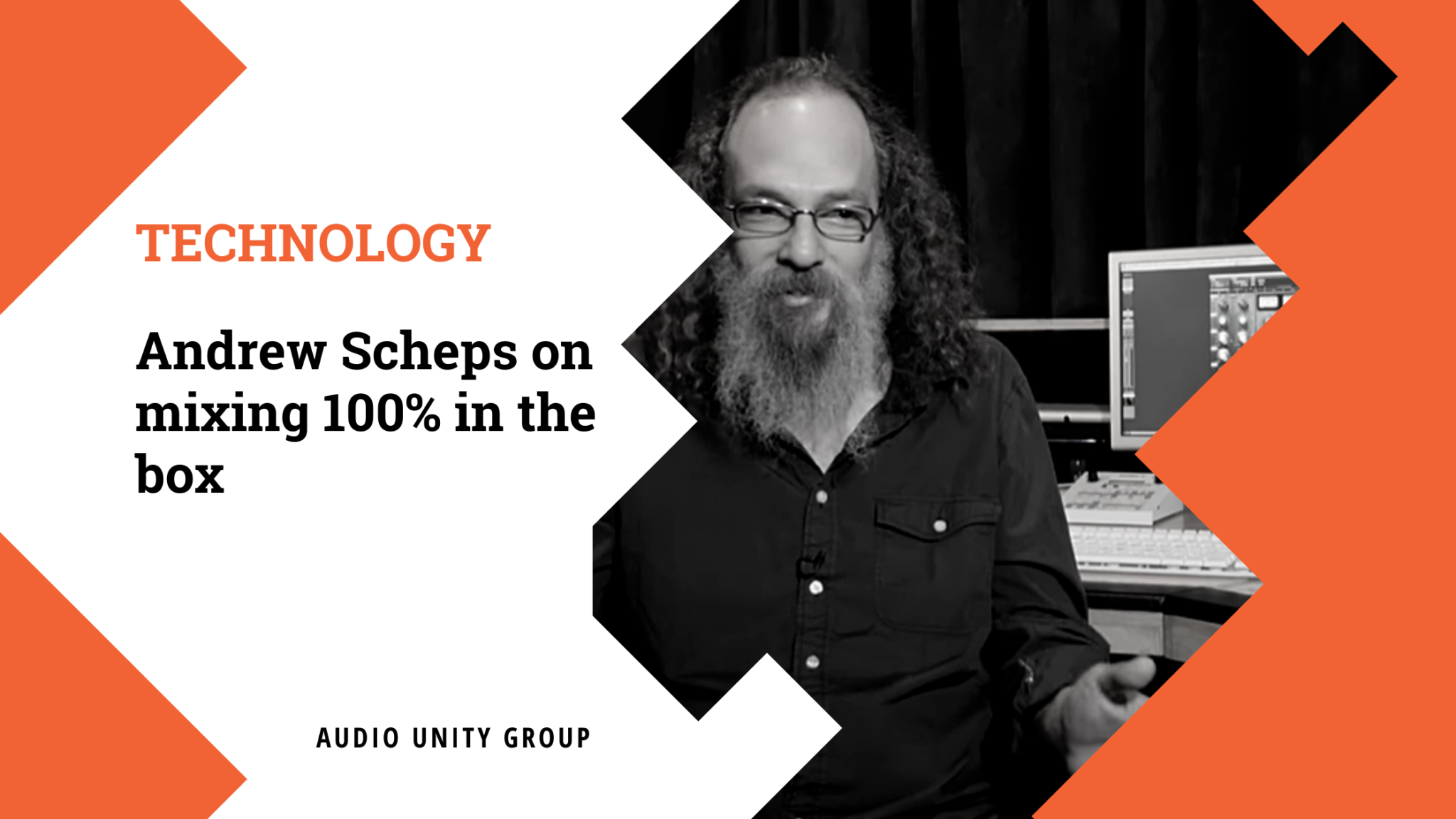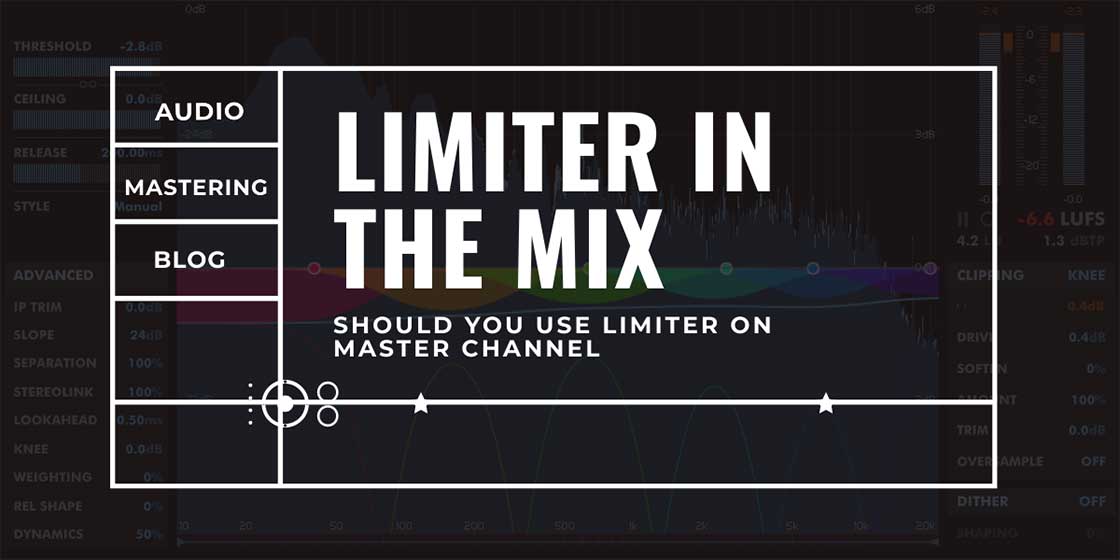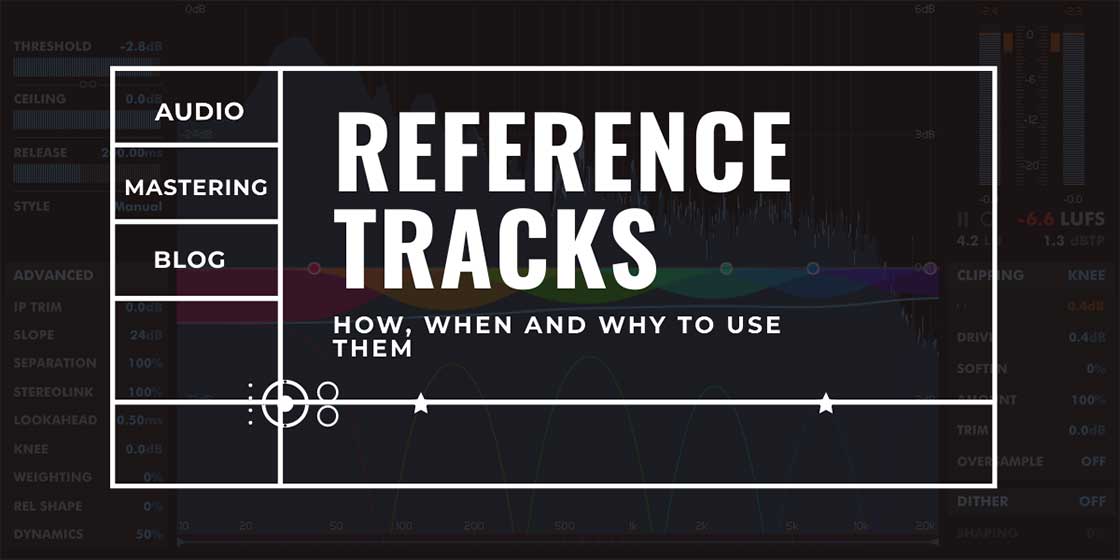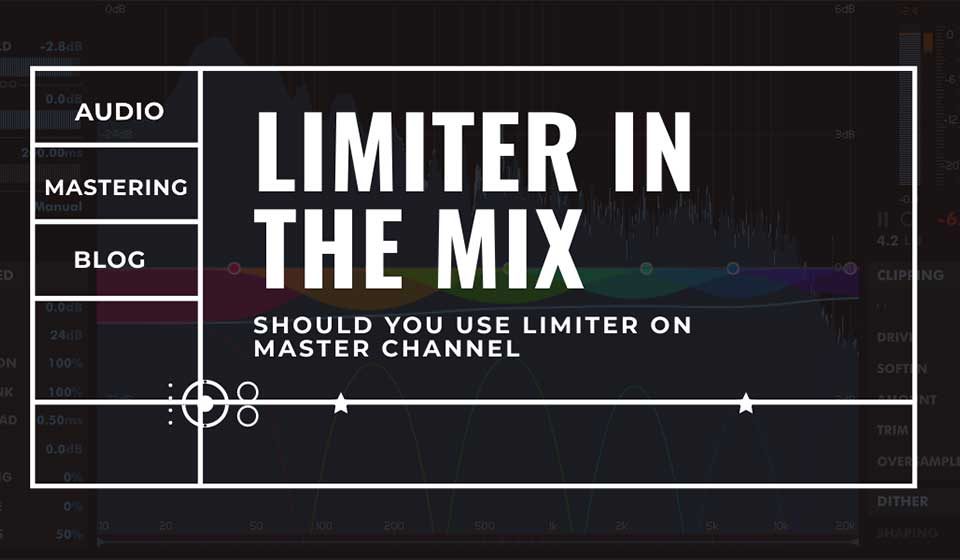
Andrew Scheps on Mixing 100% in the Box
December 28, 2020
Should I put a limiter on my master channel
February 4, 2021Reference tracks.
How, when and why to use them
Hey, guys. Tom S. Ray here from Audio Unity Group, and today I’m going to talk to you about the reference tracks, when to use them, how to use them, how to get them, and the mistakes that people do while using them.
What are reference tracks?
The reference tracks are the tracks that we use during the mixing or mastering where we can compare our production, our mix, our master with someone else’s mix or master.
This is where we could compare both of them and see where we missing.
So this is we going to talk about.
When to use reference tracks?
So when I do my mastering, I only use reference tracks at the end of the process.
I’m not referencing the tracks in the middle of the mastering process or the beginning of the mastering process only at the very end, when I’m finishing when the limiters are on the very last step just to compare my master with the reference track that I’m using.
This is because I don’t want to be affected by someone else’s sound.
I want to create my own sound. My own flavour.
Once I know my master is done, I just want to make sure that the bass is tight and the rest of the master sits right.
How do use reference tracks?
Well, I use them to mostly to compare the bass.
I want to make sure that the master I’m the new master I’m doing has a lot of meat in it, has a lot of the low end.
And when I’m just comparing to reference track that I know that has those qualities, I can be sure that I’m going to achieve the similar base level.
Another thing why I’m using the reference tracks are the vocals.
You know, I want to make sure that the vocals are loud enough in comparison to the rest of the instruments.
And I want to make sure they’re on a similar level when it comes to loudness.
Download FREE pdf
mastering chain cheat sheet
Use this 10 step mastering chain sheet to improve your mastering processes and to make sure you do right things at the right time!
DOWNLOAD PDFHow do you get reference tracks?
To get reference tracks you can rip the CD, or you can go to Bandcamp and buy the file of the track that you really like and then just use it.
Make sure you actually listen to the track.
Make sure you’re super familiar with your reference track.
Listen on a different speakers, on the headphones, in the car, and just to make sure you know that track are really, really well.
A couple of mistakes that I see when people use the reference tracks.
The main one is the quality of the reference track.
Now, I don’t mean the composition or the quality of the singer or the guitars, whatever. I’m talking about the hi-fidelity.
Now, you cannot use mp3 as your reference track simply because mp3 file will not have as much quality, the hi-fidelity within the file for you to compare it with your wav file that you’re working on during your mastering or mixing.
You have to get wav file or flac file of that song.
Another thing is using the streaming service as your reference track.
Once again, the streaming services, mostly they use the compressed file.
You cannot use compressed file as your reference track.
Another mistake that I see is comparing the spectrum analyzer, the visual spectrum analyzer of both of the tracks of your master and the reference track and the just chasing those frequencies based on the graphic display.
Now, each track is different.
That is a different baseline.
There is different bass used in the track.
There are different kinds of vocals, male, female, all the kinds of stuff.
You cannot chase the graphs, you know. So stop doing that.
If you do that, don’t do that.
And just use your ears.
Another thing worth mentioning is using the reference tracks in the mix.
I only talk about using the reference tracks within the mastering session.
But what you do when you mixing, how do you use your reference track when you mix?
Well, it’s not actually that easy, though, because you shouldn’t really be comparing your mix with the commercial release, because it’s mastered, you know, you shouldn’t compare your mix with the mastered track.
I would probably suggest to ask your friend or someone you know, that you really admire the music, where the mix was good, ask them for the mixed version of their song, or even though if you have the mix that you did before and you’re really happy, once was mastered, if you’re really happy with the mix, use that mix a reference track.
Thanks for reading. Hope that was helpful.
Tom
Ps. If you want to learn audio mastering with me – enroll to my online audio mastering course!
Are You Ready To learn audio mastering?
Hey I’m Tom, I’m a mastering engineer here at Audio Unity Group. I mostly look after Vinyl production and audio side of things. I hold a bachelor’s degree with honours from Kingston University in London. I love audio and helping others create outstanding-sounding records.





